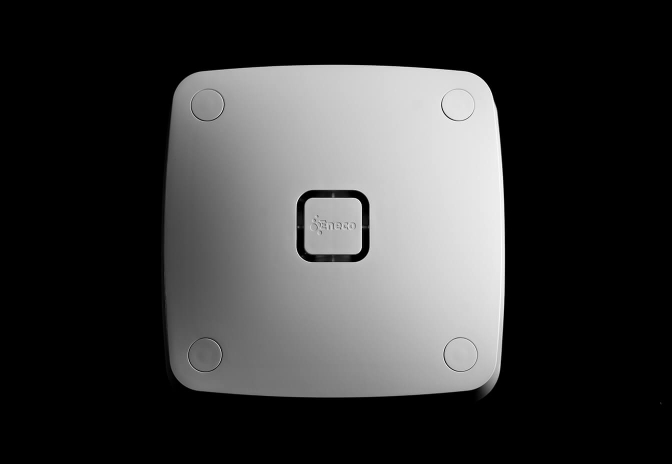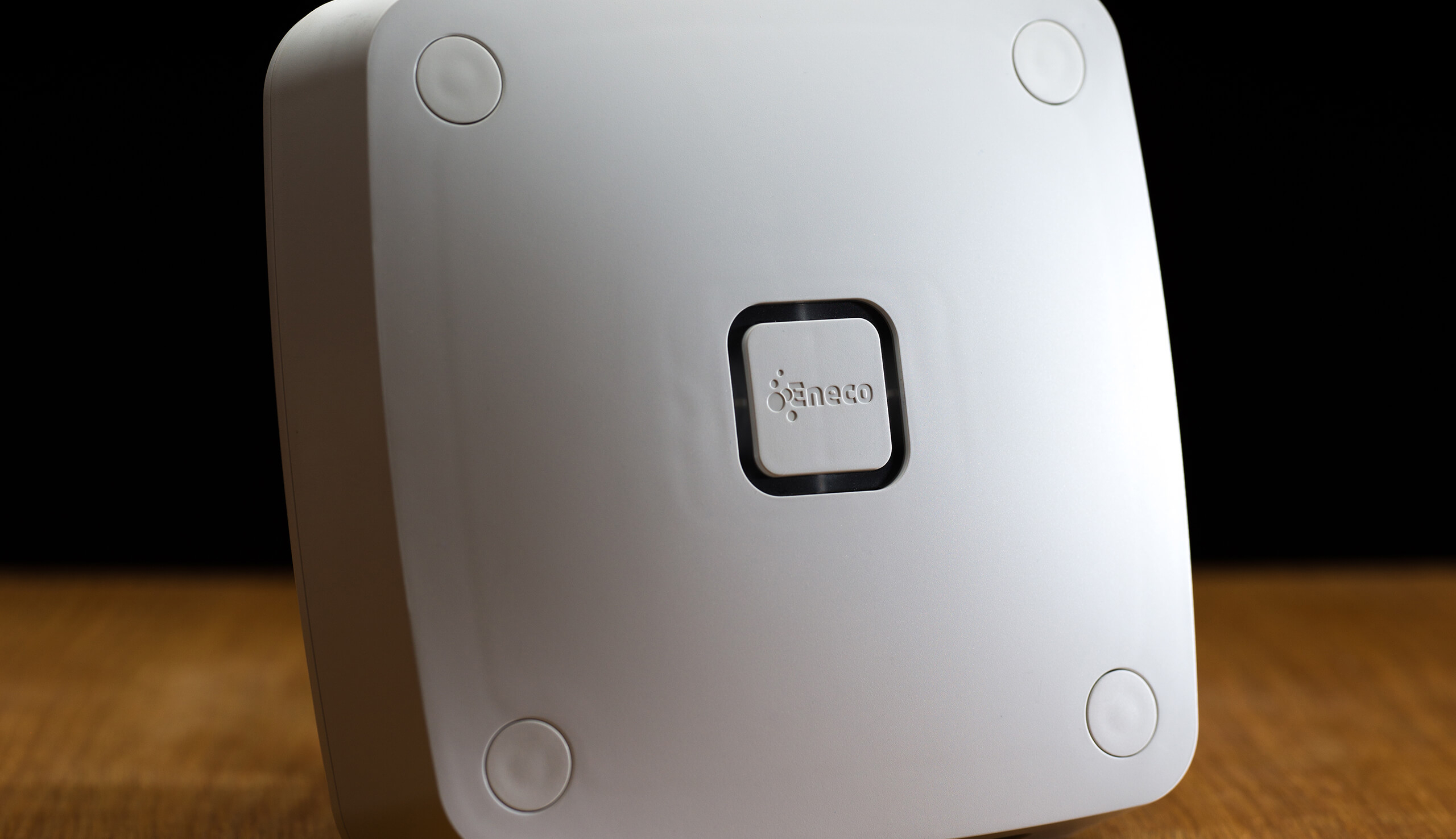Energy transition, smart grids, renewable energy sources – there is a lot going on in the industry. Not all change is easy, hence there are some big challenges when focusing on renewable energy and how best to use it. For example, electric cars charging overnight, hours after the energy peak that derives from solar power. That immediately results in the question of to be best, store this solar energy when there is not enough demand, so this is not lost or wasted and grid integrity can be maintained?

The industry is researching a variety of solutions to address this growing challenge. One solution is the new IoT-solution of TWTG, created together with Eneco. A retrofittable IoT device that is added to existing electric hot water boilers to determine the state of charge and to turn boilers on and off via a dedicated cellular internet connection in seconds. Effectively storing the surplus energy in the hot water boilers of ‘smart’ citizens, who can in this way contribute to saving the environment. The energy provider can in turn benefit by buying energy at a lower cost.
Already over 2.000 Smart Boiler Modules have been installed in Dutch households. The market size for The Netherlands is around 500.000 units but that number is expected to grow over the coming years. With new ‘gas free’ housing projects, electric hot water systems are facing a rise in popularity. The impact of this solution is immense, Evert Jan Althuis, Innovation Lead at Eneco explains: “Our electricity network needs to be more resilient in the coming years in order to cope with the fluctuations due to solar- and wind energy. Aggravate the grid is costly, that’s why we look at innovations that brings supply and demand together. The bigger residential power users are most interesting, because all electric hot water boiler combined, use over the same amount of energy as 600 windmills can generate.”
Today, these hot water boilers work by heating up at specific times, regardless of the usage. This solution is a game changer. Here is where the dealing room takes over control. When the energy grid contains high amounts of surplus energy, due to high winds or generous amounts of solar energy this peak of energy can be ‘stored’ at consumer residences who will be needing this “energy”, or hot water, shortly after. This solution calculates the future energy need of individual users and heats up the most relevant boilers first. Very durable, very smart, and something that is called “peak shaving” in the energy industry – done at its best.
A lot of time and research went into developing this product. TWTG started over a year ago with a proof of concept for Eneco and is currently manufacturing over 20.000 units. “You don’t see a lot of IoT solutions that can really impact the market as this one can. The idea is relatively simple. It is key to this product, that can people immediately understand it and can trust this to be beneficial to a more durable economy. We are determined on delivering this solution globally to energy companies, grid operators – but also to housing companies that manage a lot of these hot water boilers or who are currently focussing on making houses more energy efficient and less dependent on older and polluting energy sources,”Goran Gavric (CEO TWTG) concludes.



